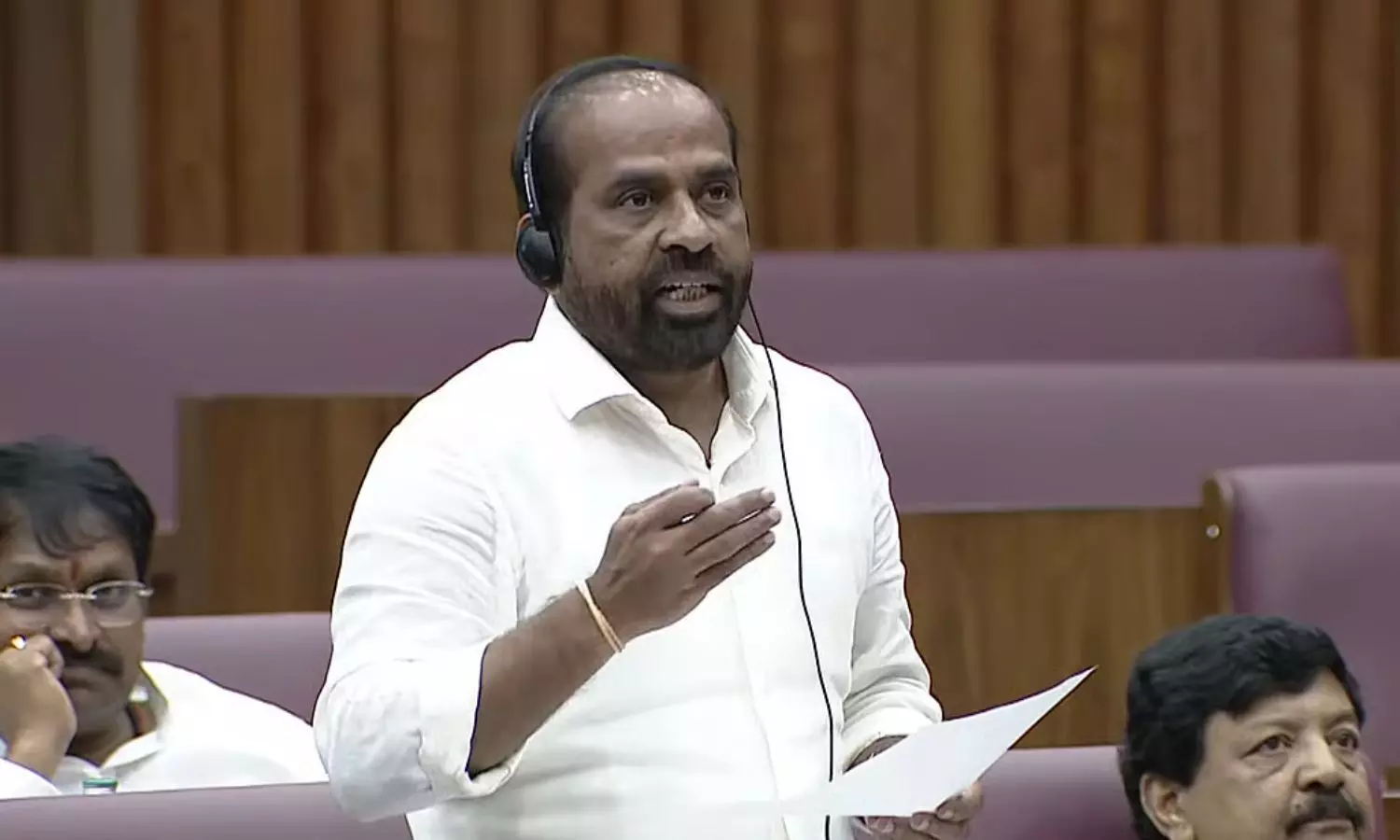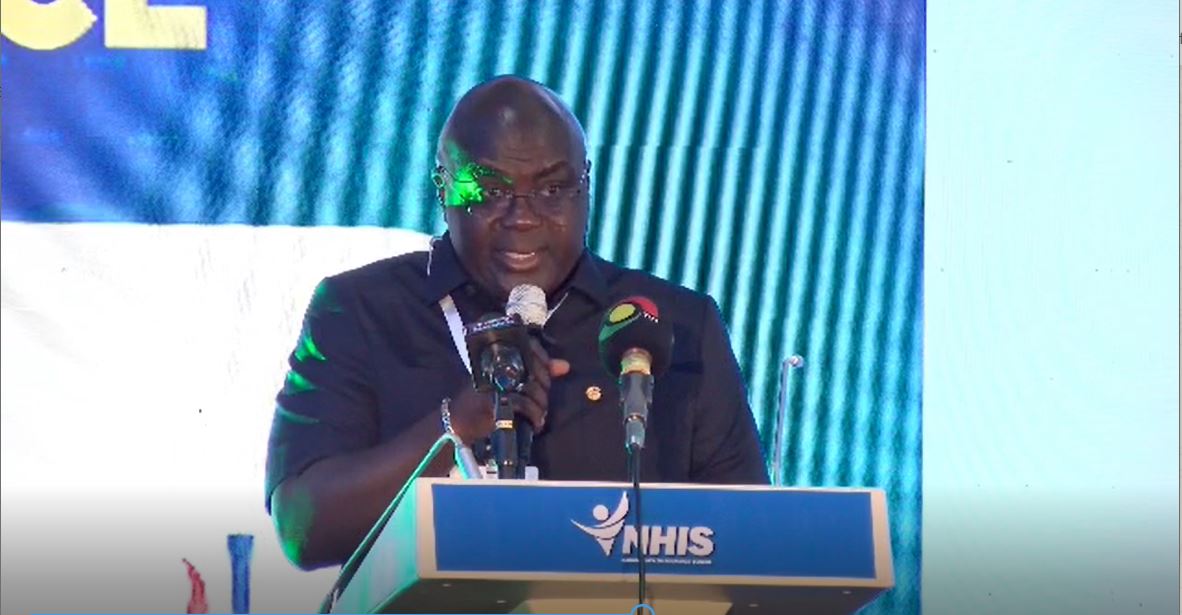Copyright medicaldialogues

Vijayawada: As Cyclone Montha approaches Andhra Pradesh, Health Minister Satya Kumar Yadav has announced a comprehensive three-tier disease control strategy to tackle potential health emergencies.Under the minister's directives, the Health Department has released a seven-page set of Standard Operating Procedures (SOPs), applicable from sub-health centres to district headquarters hospitals. The SOPs, prepared in coordination with the Disaster Management Authority and the Indian Meteorological Department (IMD), focus on institutional preparedness, availability of essential medicines, sanitation management, and cross-departmental coordination.Also Read:Odisha: On-Duty Doctor bitten by snake during Cyclone DanaThe guidelines are mandatory and expected to be implemented flawlessly on the ground. All government health institutions, particularly Primary Health Centres (PHCs) and Community Health Centres (CHCs), have been directed to stock adequate quantities of essential medicines, including antibiotics, anti-snake venom, and at least 100 doses of anti-rabies vaccine.Each Primary Health Centre (PHC) must maintain a minimum stock of 30 vials of anti-snake venom serum, 500 packets of ORS, and 200 bottles of saline. Standby mobile teams will be responsible for providing immediate medical assistance, controlling potential epidemics, and ensuring proper sanitation and access to safe drinking water. In addition, boat clinics will be deployed in low-lying and flood-prone areas to ensure uninterrupted healthcare delivery and emergency response.Also Read: Cyclone Dana: Odisha Govt cancels Doctors' leaves to ensure emergency servicesAccording to the Deccan Chronicle, the Health and Family Welfare commissioner has been designated as the State Nodal Officer, who will ensure inter-departmental coordination and prevent an epidemic. A 24-hour State Epidemic Cell will monitor health emergencies and guide district teams. The cell will remain connected to district emergency operation centres for real-time updates. Doctors, nurses, and support staff have been asked to stay on full-time duty.Authorities have identified pregnant women due for delivery within 15 days, elderly persons, and patients with chronic ailments for pre-emptive evacuation to safer locations. Surveillance officers will be deployed at a ratio of one per 50,000 population to ensure prompt medical response. All designated cyclone shelters will be equipped with medical camps staffed by a doctor, a senior nurse, and two paramedical workers to provide on-the-spot healthcare. The state’s ambulance services 108, 104, and 102 are being refuelled and stationed strategically to respond promptly to medical emergencies. Special rapid response teams will act swiftly to contain outbreaks of diarrheal and vector-borne diseases, while chlorine tablets and bleaching powder will be distributed in flood-affected areas to prevent water contamination.



